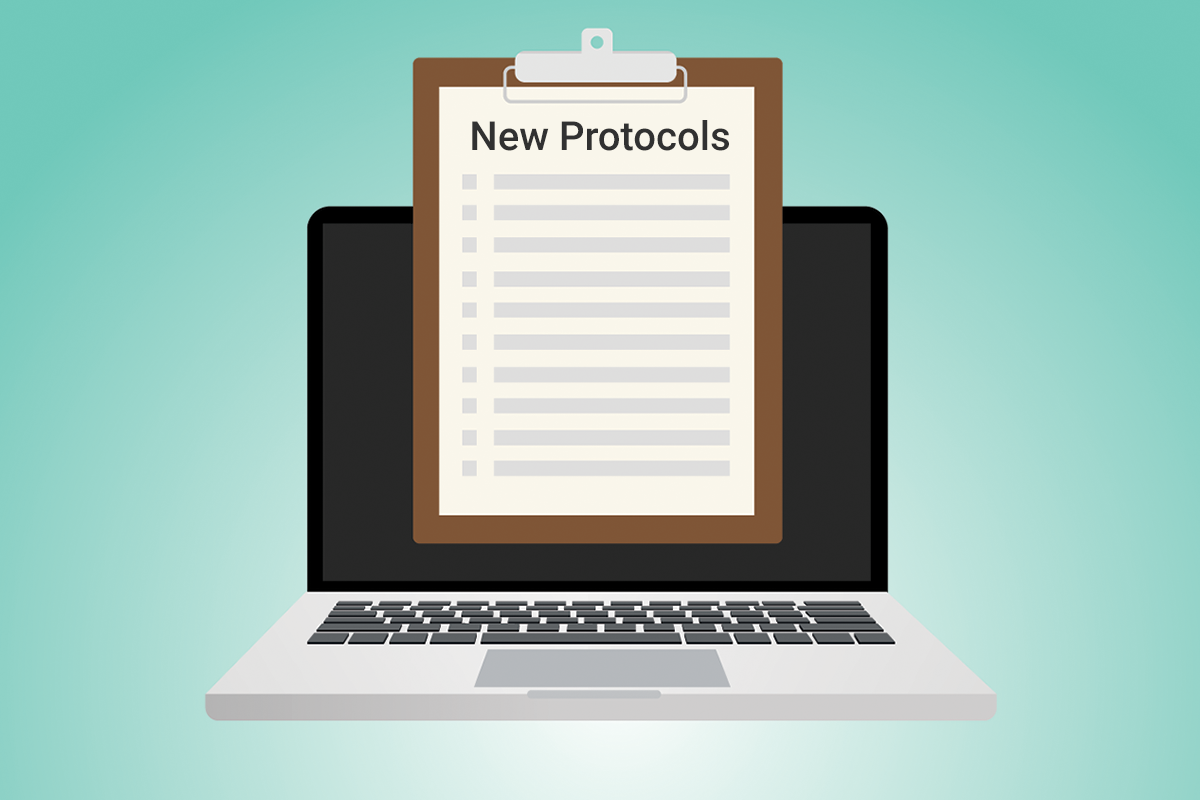
ECOG-ACRIN Names University of Pennsylvania’s Bonnie Ky As Its Young Investigator of the Year
December 14, 2020
Now Enrolling: ECOG-ACRIN Opened Five New Trials in October
December 14, 2020Reopened Trial: Jennifer Eads, MD on Study EA2174 for Esophageal and Gastroesophageal Cancer

A Phase II/III Study of Perioperative Nivolumab and Ipilimumab in Patients with Locoregional Esophageal and Gastroesophageal Junction Adenocarcinoma

By Jennifer R. Eads, MD
Several trials have demonstrated a role for immunotherapy in the management of metastatic esophagogastric malignancies. Recently, adjuvant nivolumab was also shown to confer benefit in patients with resected esophageal cancer following neoadjuvant chemoradiation. Now in EA2174, we look to take this a step further by evaluating the role of immunotherapy in the peri-operative setting.
There are two primary objectives in this trial. In the neoadjuvant setting, we are looking to see if the addition of nivolumab to standard chemoradiation results in an improvement in the pathologic complete response rate. In the adjuvant setting, we are looking to see if the disease free survival is improved with the use of combination nivolumab and ipilimumab as opposed to nivolumab alone. To this end, study participants will undergo two randomizations: one in the adjuvant setting and one in the neoadjuvant setting.
Eligible patients will be randomized to receive either standard neoadjuvant carboplatin, paclitaxel and radiation or the same neoadjuvant therapy with the addition of two doses of nivolumab during their neoadjuvant therapy. Patients then undergo restaging scans and if no development of metastatic disease is observed, undergo an esophagectomy. Upon recovery from surgery and if no evidence of disease recurrence or progression is seen, patients then undergo a second randomization to receive either six months of single agent nivolumab, administered every two weeks, or six months of nivolumab and ipilimumab where the nivolumab is administered every two weeks and the ipilimumab is administered every six weeks. Patients are followed during the adjuvant and surveillance period with CT imaging every three months.
Patients are eligible for the trial if they have a histologically confirmed T1N1-3M0 or T2-3N0-2M0 esophageal or gastroesophageal junctional adenocarcinoma (Siewert I or II) and are deemed a surgical candidate by a surgeon. Other key eligibility criteria include that they must be at least 18 years of age and have an ECOG performance status of 0-1. They must have normal marrow and organ function and may not have received any prior chemotherapy or radiation for this malignancy, nor any prior immunotherapy for any reason. They may not have a concurrent autoimmune disease that requires active therapy.
This trial also includes an optional diffusion-weighted MRI sub-study where we are seeking to determine if the percent change in mean volumetric apparent diffusion coefficient measured from pre-treatment to mid-treatment is predictive of pathologic complete response. Patients will undergo a diffusion-weighted MRI of the esophagus prior to neoadjuvant therapy and again during neoadjuvant therapy.
Learn more about study EA2174 at ecog-acrin.org.
Dr. Eads (University of Pennsylvania) is the lead investigator for this trial.
![ECOG-ACRIN logo[19516]275×75](https://blog-ecog-acrin.org/wp-content/uploads/2021/03/ECOG-ACRIN-logo19516275x75.png)
